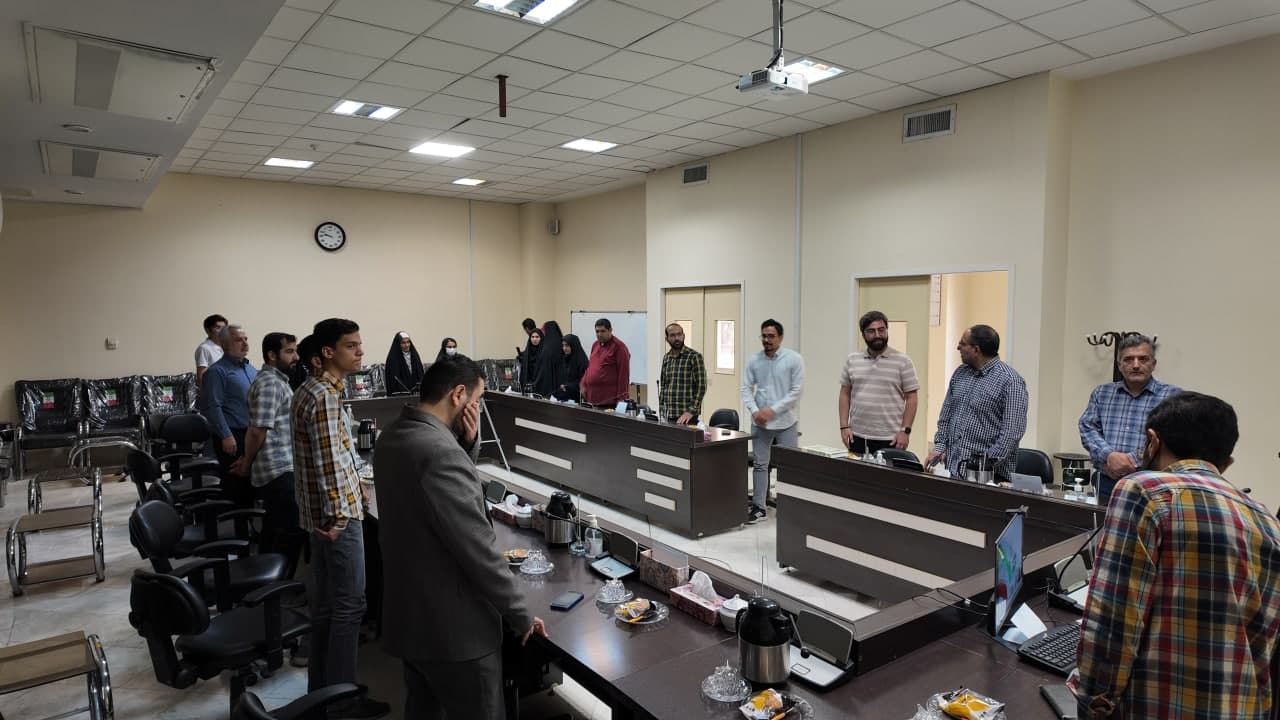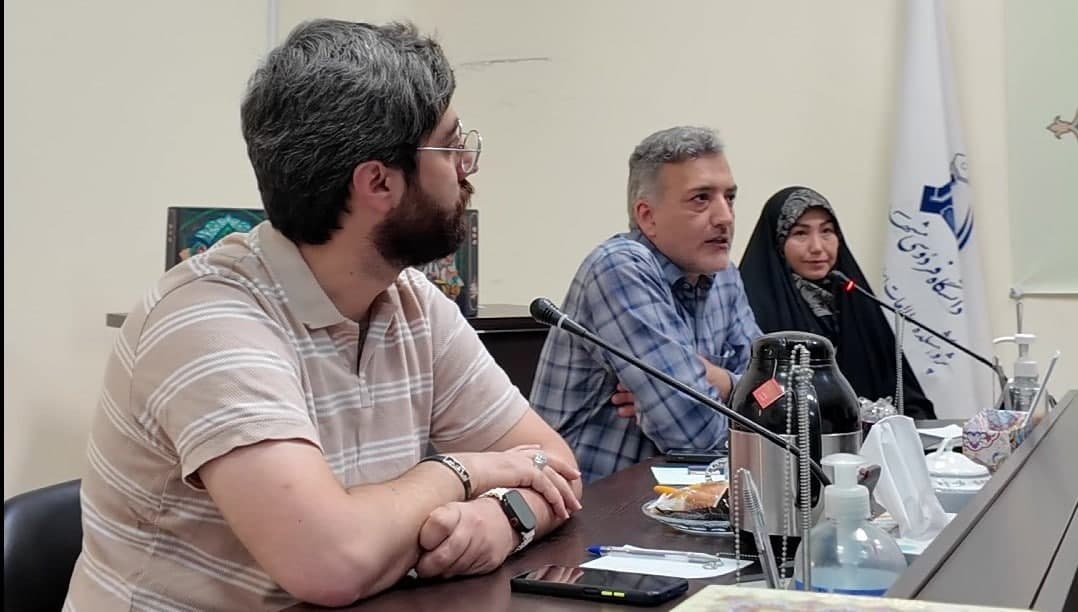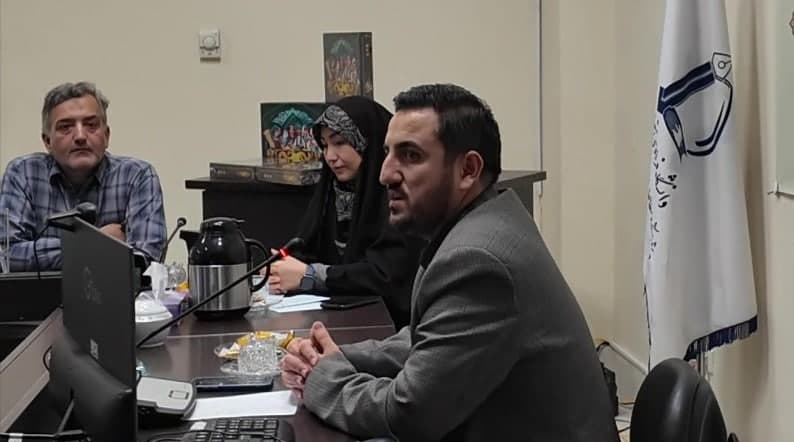On Thursday, May 22nd, the Research Institute for Islamic Studies in Humanities at Ferdowsi University of Mashhad hosted an unveiling ceremony for an innovative educational product in the field of economics. The board game, "Timcheh," the result of collaborative efforts between the institute's Economic Education Task Force and Rasta (Economic Education Media), a technology unit, was introduced to the public in the presence of university and cultural officials.

The Necessity of Addressing the Economic Education Gap
During the ceremony, Dr. Vahid Arshadi, Head of the Research Institute for Islamic Studies in Humanities, highlighted the existing deficiencies in economic education within the country. He stated that the creation of this product is a result of interdisciplinary collaboration between the Islamic Education research group and the Economic Education task force. According to Dr. Arshadi, the Rasta technology unit, which operates under the purview of the research institute, was established with the goal of filling this educational gap. The "Timcheh" game is considered the first product offered by this entity.

During another segment of the program, Dr. Zahra Khodadoust, a researcher at the institute and a member of the Economic Education Task Force, elaborated on the genesis of the initial idea for this educational game and outlined its development stages for the attendees.
University: A Bridge Between Science and Wealth Creation
Dr. Ali Esmaeili, Head of the Comprehensive Technology Incubation Center at Ferdowsi University of Mashhad, described universities as suitable environments for transforming knowledge and research into practical, wealth-generating products. Detailing the ideal trajectory of scientific progress in academic settings, he stated, "This path should begin with education, continue with specialized research, and ultimately lead to the production of innovative products and the formation of knowledge-based businesses."
Esmaeili identified a major challenge within the country's university system as the lack of a clear authority responsible for supporting innovation and creativity. He argued that this deficiency hinders the completion of the chain from research to wealth creation. He then presented the Research Institute for Islamic Studies in Humanities as a successful example in this regard, having managed to produce a practical and educational product through the establishment of the "Rasta" technology unit.

He also reported the activity of over 30 technology units in the university's humanities incubation center and emphasized the necessity of greater support for soft technologies and the development of innovation centers in universities.
Timcheh: A Bridge Between Play and Education
Amirhossein Khani Zare, the designer of the "Timcheh" game, introduced the product by stating: "The main goal in designing this game was to teach complex economic concepts in a simple and engaging language for children and adolescents." He highlighted the product's interdisciplinary approach, which blends economics and Persian literature, calling "Timcheh" a suitable platform for teaching decision-making skills, economic interactions, and social cooperation.
According to Khani Zare, the game encourages players to think more deeply about economic issues by simulating concepts such as exchange, monopoly, and sanctions. Emphasizing the indigenous design and the absence of similar foreign models, he stated that "Timcheh," after over 500 hours of testing and redesign, is now ready for market release.
The game designer further explained: "In this game, participants indirectly learn the basic principles of economics by forming words and interacting with each other. This product also has the intelligent design capability to be converted into a digital version."
Khani Zare, pointing to the importance of promoting a culture of interaction and cooperation in economic education, announced future plans for game development: "In subsequent versions, add-ons such as economic role-playing will be considered for players." He stated that the goal of releasing the current version is to receive feedback and suggestions from the audience to improve the product, adding that this process will continue until a professional and complete product is achieved.
The "Timcheh" game designer concluded by noting that although this product is designed for all age groups above seven, it offers a special advantage for elementary school students. Besides teaching economic concepts, it also helps strengthen their language skills and expand their vocabulary.
A Religious Perspective on Gamified Education
In the final part of the ceremony, Hojjatoleslam Sajjad Labib, Head of the Union of Islamic Student Associations in Mashhad, addressed the place of play in Islamic culture and its role in the educational process. He described the "Timcheh" game as a successful example of conveying cultural and educational concepts based on religious teachings. He believes it can contribute to promoting moral and educational values in society by intelligently utilizing the leisure time of children and adolescents.

